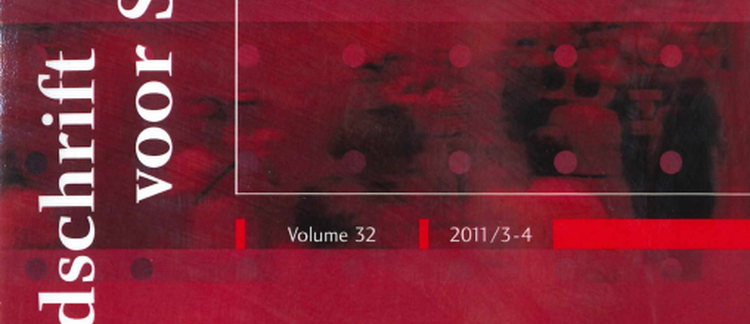Abstract
Poverty rates in the EU have not fallen in recent decades, but have stagnated or even increased. There are indications that the erosion of social benefits may be an important factor explaining the poverty standstill. As a result, a number of recent studies on poverty trends have formulated the recommendation that minimum income protection standards be defined at the EU level. In this article we argue that there are good reasons to assume that the adequacy of guaranteed minimum income schemes may become the subject of the first legislative and legally binding initiative in the field of social protection. First, the topic has already featured prominently in the European policy debate since the early 1990s. Second, most Member States already have minimum income schemes in place. Finally, research suggests that an effective anti-poverty strategy essentially includes adequate income protection. However, between dream and reality there stand concepts and technical and budgetary considerations. Therefore any binding agreement with regard to minimum incomes would have to be formulated flexibly and introduced gradually.
How to Cite:
Cantillon, B. & Van Mechelen, N., (2011) “Tussen droom en daad…: over armoedebestrijding, minimuminkomensgarantie en het Europese sociale model”, Tijdschrift voor Sociologie 32(3-4), 439–469. doi: https://doi.org/10.21825/sociologos.86785
Downloads:
Download PDF
View PDF


